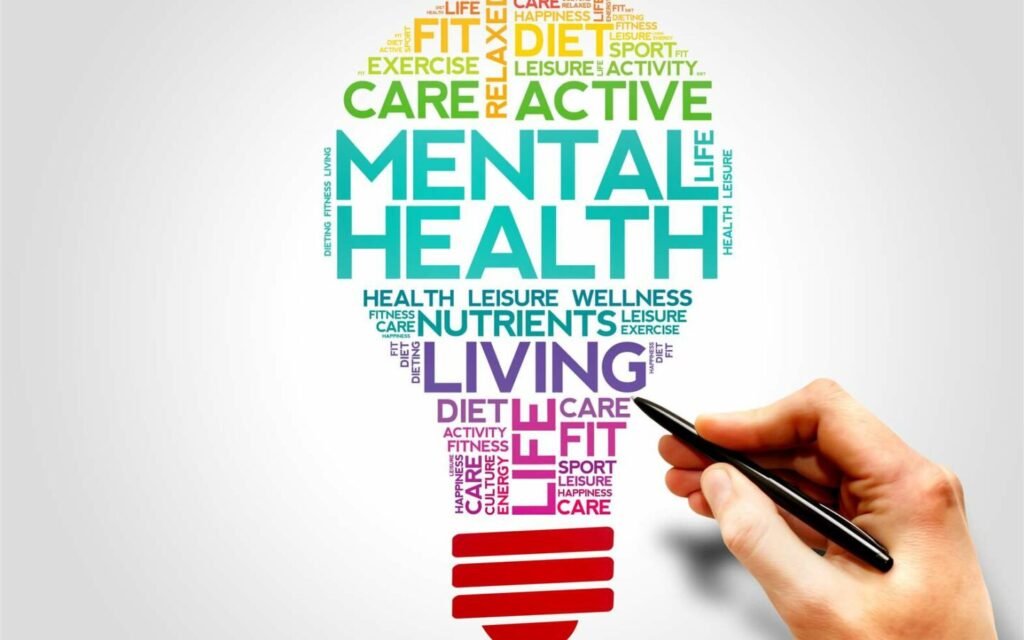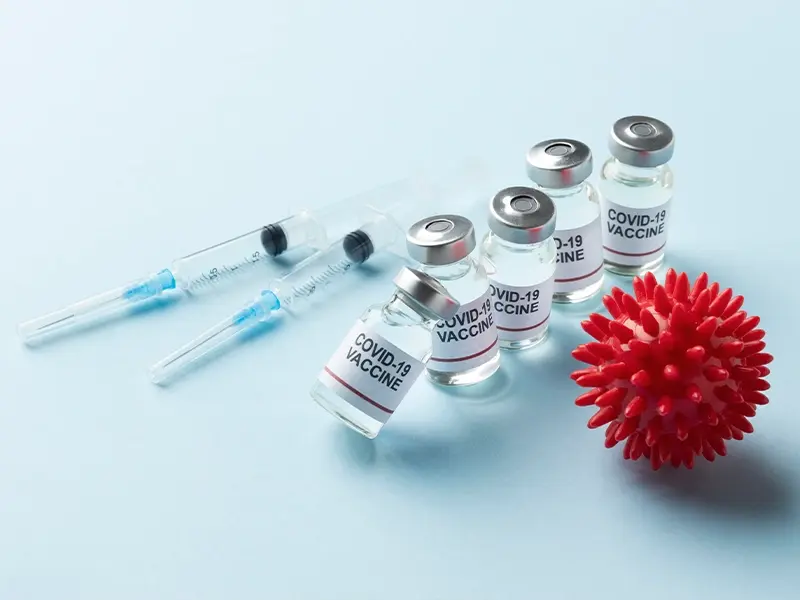“How a New Lab-Grown Tooth Developed by UK Researchers is a Successful Alternative to Dental Transplantation and Fillings”
Here are 10 key points highlighting the main aspects of the article:
-
Innovative Dental Solution: Researchers have developed a method for creating replacement teeth using a patient’s own cells, grown in a lab and implanted into the jaw.
-
Limitations of Traditional Methods: Conventional fillings are not long-lasting solutions for damaged teeth; over time, they can weaken and require repeated procedures.
-
Research Team’s Approach: The team at King’s College focuses on transplanting young tooth cells and cultivating them in the mouth or in a lab before implantation.
-
Transformational Impact: The lab-grown teeth are expected to be durable, decay-resistant, and biologically compatible, reducing the risk of rejection by the body.
-
Cost-Effectiveness: This breakthrough may lower dental treatment costs while providing patients with aesthetically pleasing and strong natural teeth.
-
Cell Communication Mechanism: Researchers have created a special hydrogel matrix that facilitates communication between cells, enabling them to differentiate into tooth cells when introduced to the human jaw.
-
Potential for Self-Repair: The new teeth may have the ability to repair themselves, similar to how skin heals from cuts, which could significantly reduce the frequency of dental visits.
-
Global Dental Health Implications: Successful trials could revolutionize dental care globally, changing how treatments are approached and delivered.
-
Relevance to Large Populations: This dental innovation is particularly promising for countries like India, where many individuals suffer from tooth loss due to untreated cavities.
- Future of Dental Remedies: If proven effective in larger trials, this research may lead to a permanent solution for dental issues, offering a new hope for individuals facing tooth loss.
Revolutionary Developments in Dental Regeneration: The Future of Teeth Replacement
Many individuals are familiar with the persistent challenges of recurring dental procedures, especially when it comes to repairing or replacing damaged teeth. The conventional options, such as fillings and transplants, often fall short, leading to not just temporary relief but also the potential for long-term complications. However, a groundbreaking advancement by researchers at King’s College, London, offers a promising alternative: the creation of replacement teeth cultivated from the patient’s own cells. This innovative solution not only aims to restore dental function but also mimics the natural structure of original teeth.
Understanding the Research Breakthrough
Dr. Xuechen Zhang, a key figure in the research team at King’s College, emphasizes that traditional fillings may not be the best option for dental repair over an extended period. As teeth weaken over time, the need for ongoing repairs can be both cumbersome and costly. To combat these issues, the research team has pioneered methods that allow for the cultivation of tooth cells, enabling the growth of new teeth either entirely in a laboratory setting or within the mouth of the patient.
"The goal is to stimulate the early stages of tooth development through laboratory processes," explains Dr. Zhang. This revolutionary approach taps into the potential for regenerating teeth that not only fit well but also possess the resilience and functionality akin to natural teeth.
Advantages of Lab-Cultured Teeth
One of the primary advantages of this innovative dental solution is the durability of the lab-grown teeth. Since they are developed from the patient’s own cells, there is a significantly reduced risk of rejection when implanted into the jaw. Furthermore, these new teeth exhibit greater resistance to decay, diminishing the frequency of dental visits and offering a long-term solution to dental needs.
Dr. Bibhkar Ranjan, a dental surgeon and researcher, highlights the transformative potential of this research. "If successful in larger trials, this technology would fundamentally reshape how dental treatments are approached worldwide," he asserts. The implications are profound: not only could it lower the costs associated with dental care, but it would also provide patients with aesthetically pleasing, biologically compatible teeth that are robust and reliable.
The Science Behind Tooth Regeneration
So, how exactly do researchers cultivate teeth in a lab? The process involves a specially designed hydrogel matrix that facilitates communication between cells. This matrix plays a crucial role in the differentiation of cells into tooth-forming cells. When these cultured cells are introduced to the human jaw, they send signals to one another, initiating the development of teeth. Remarkably, this matrix is engineered not to disrupt other vital biological processes in the body, ensuring a harmonious integration of the new teeth.
Implications for India
Given that India has a substantial population in need of dental care, the implications of this research are particularly significant. Many individuals in India suffer from tooth loss due to cavities or insufficient dental treatment. Should this pioneering approach prove feasible and accessible, it could serve as a permanent solution for millions seeking effective dental restoration.
Dr. Ranjan emphasizes that the capacity for teeth to repair themselves could revolutionize dental health as a whole. The analogy is akin to how our skin heals; if teeth can regenerate naturally, the burden of recurrent dental treatments could diminish considerably.
Conclusion
The advancements in regenerative dental therapy offer a glimpse into a future where dental challenges can be resolved with ease and efficiency. By harnessing the body’s innate ability to regenerate tissue, researchers at King’s College are paving the way for a new era in dental care. With lab-cultured teeth on the horizon, the dream of naturally integrated, strong, and aesthetically pleasing replacements for damaged teeth is becoming increasingly attainable.
As this research continues to evolve, the potential benefits for patients worldwide are vast. A shift toward regenerative solutions not only promises to enhance individual health and well-being but also has the potential to redefine the landscape of dental care for generations to come.



